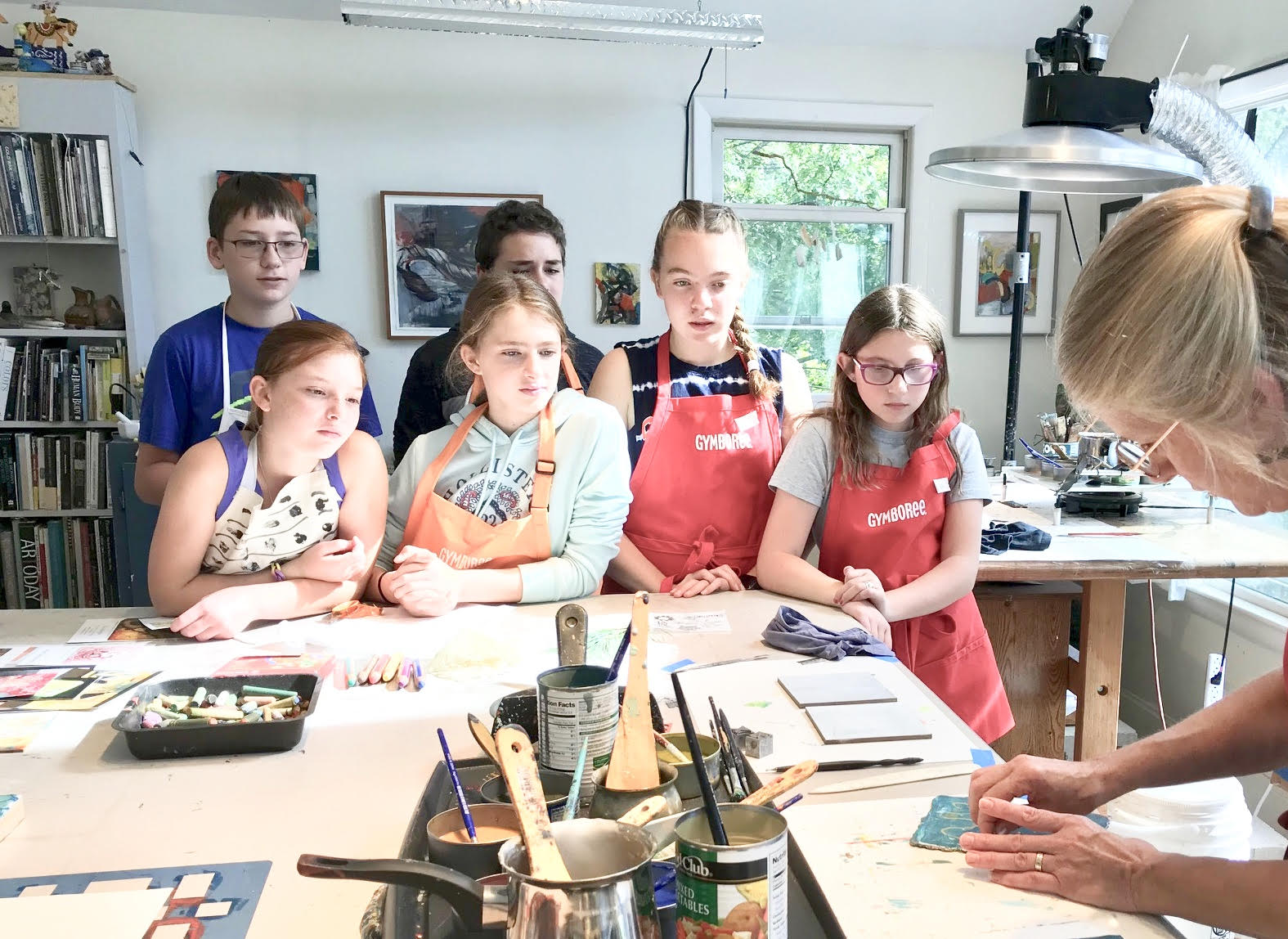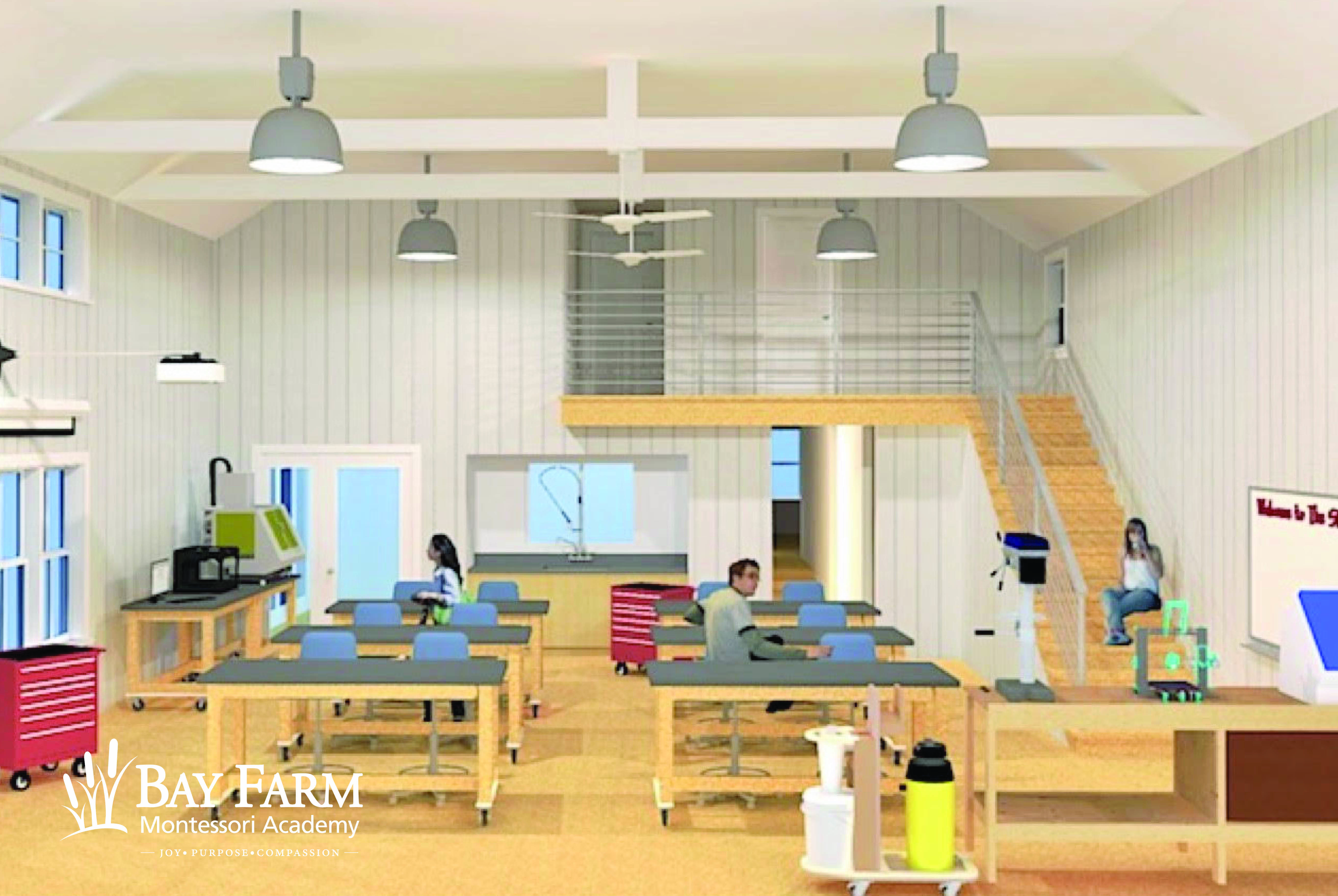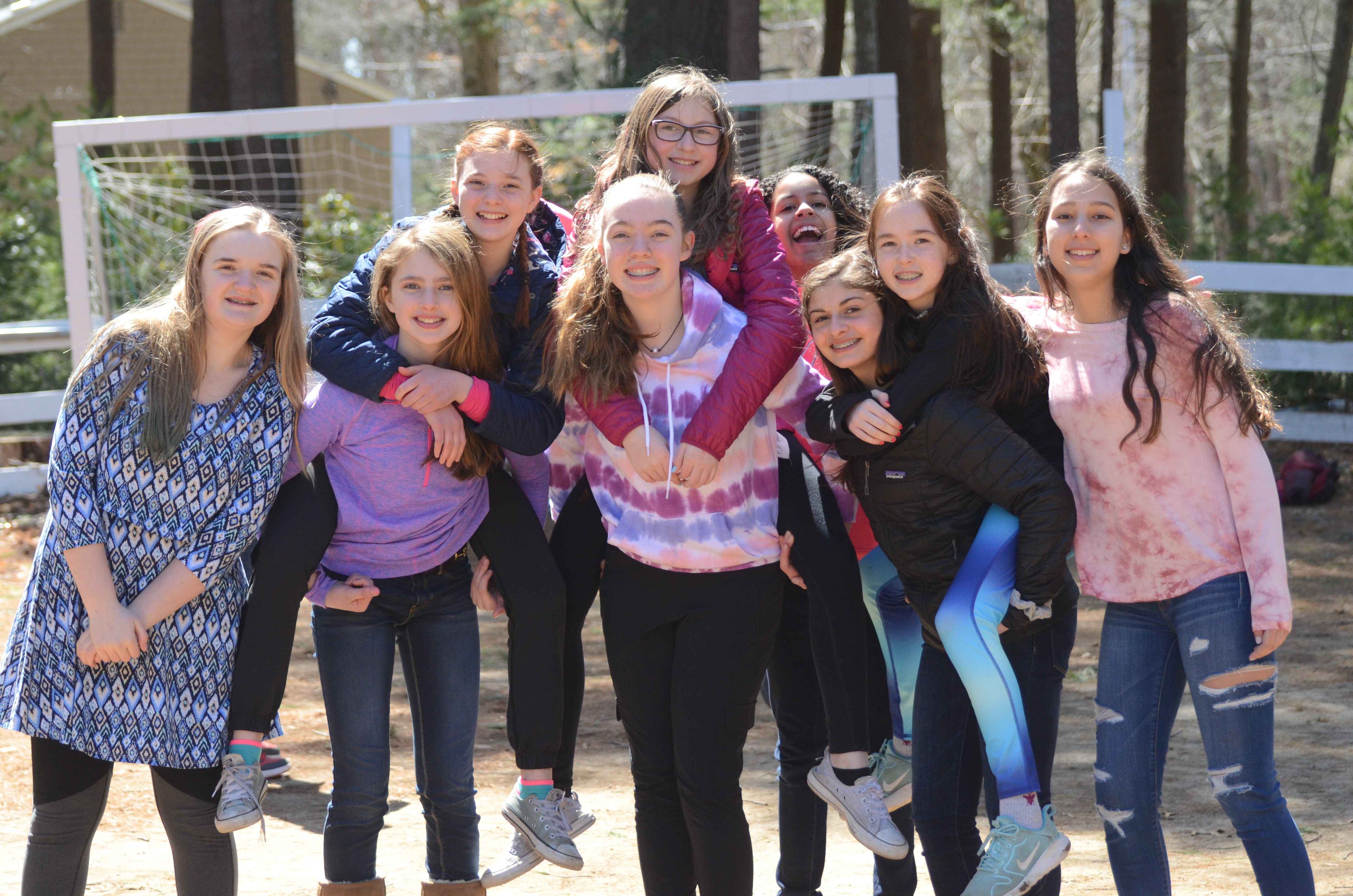The Shop: An Innovation Hub Changing the Face of Middle School Education
Everything changed for education on the morning of March 13. Schools closed, students stayed home, and the entire system became paralyzed due to the Coronavirus. Educators had never faced a crisis of this magnitude. A responsive, creative plan was crucial to overcoming it.
Teachers and administrators at Bay Farm Montessori Academy, a pre-K through grade 8 school in Duxbury, wasted no time taking action. Within a day of closing the school, they created and launched “Bay Farm at Home,” an in-home, online daily curriculum specific to every student. They didn’t stop there. Continual research to improve the curriculum has ensured that students won’t just reach their learning goals from home, but surpass them.
“This kind of responsive, divergent thinking is what we teach our students every day at Bay Farm,” says Jenny Sabados, Director of The SHOP at Bay Farm, an innovation hub opening this fall custom made for the middle school program.“It is a perfect example of what is ingrained in each student before they graduate to ensure their success in an ever-changing world.”
At Bay Farm, those 21st-century problem-solving skills are developed by taking on real-world challenges in the classroom like Coronavirus. Students might examine the trajectory of the virus’ spread, study the effectiveness of containment measures around the world, and test and implement prevention solutions in The Shop to present to community leaders.
“We’re preparing students for a future we don’t quite understand,” says Head of School Conrad Wildsmith. “The Shop is where middle schoolers bring their learning and ideas to life in a collaborative, challenging environment, and gain the skills and confidence to go and solve a problem, regardless of what it is.”
The SHOP is a prime example of how Bay Farm practices the Montessori philosophy of building independence through hands-on experience, though it was a different kind of shop that inspired the name. When first researching the teaching method in the early 1900s, Maria Montessori had adolescents work in her store where they engaged with customers, learned about supply and demand, balanced checkbooks, and how to run a sustainable business. By taking on a managerial role in a real business, the children would develop interpersonal skills and a sense of self-efficacy that would become the core of Montessori’s revolutionary approach to education.
“She knew that middle schoolers needed a sense of agency and control to feel like they were important and contributing. Our idea was to update that shop experience to make it current,” says Wildsmith.
Making The Shop current also means making it flexible. The highly adaptable space with writeable walls and durable work surfaces will constantly evolve to fit the needs of students and be accessible at all hours of the day. Say a group of students are interested in building a project around improving the water quality in Duxbury Bay. After studying water chemistry in the classroom, the students could go down to the Bay to collect water samples, analyze the data and design filters in The Shop, and show their findings to local conservationists in The Collective, a cozy central space for collaboration and presentation.
“A huge element of The SHOP is for students to talk about what they’re learning and be able to present it to their peers. It’s the full circle that connects the community to what the child is interested in,” says Sabados.
Just like their teachers, students are encouraged to keep finding ways to enhance their projects by using all of the unique tools Bay Farm has to offer. They could also create a podcast incorporating their findings using state-of-the-art sound equipment in The Studio and experiment with how water quality affects South Shore ecology in The Greenhouse, a natural laboratory on campus.
No matter what challenge students take on, Wildsmith says Bay Farm’s mission isn’t for students to have all the right answers but to ask the right questions, recognize the right resources, and make the right connections. With those 21st-century skills in hand, students can envision what they will become—design-thinkers ready to take on the world.
“Once they graduate, they’ll have learned how to pivot, revise, persevere, and solve complex problems,” says Sabados.“The Shop is a physical space, how our students learn to use it is the exciting part!”
To learn more The SHOP and how Bay Farm can help your child reach their full potential, visit bfarm.org.
This is a paid partnership between Bay Farm Montessori Academy and Boston Magazine


